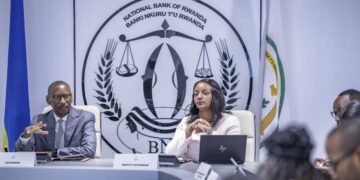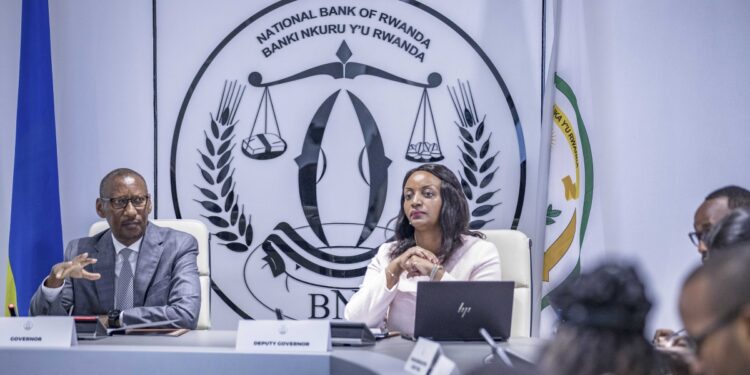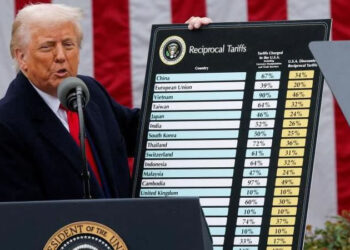By Ebi Kesiena
On June 7, the National Bank of Rwanda (NBR) will celebrate its 60th anniversary, marking six decades of fostering economic and financial stability in the country.
Established in April 1964, the NBR has played a pivotal role in Rwanda’s economic transformation, navigating through significant challenges, including the 1994 Genocide against the Tutsi, and embracing various approaches and digitization processes over the years.
The anniversary celebration, themed “The Evolving Role of Central Banks,” will bring together government officials, academicians, industry leaders, members of international organizations, investors, and private sector actors.
According to a press release, the discussions will cover a range of topics including financial and monetary stability, financial inclusion, public-private partnerships, climate change, and the future of central banks.
In 1994, the genocidal regime looted the central bank, taking most of its resources into exile and leaving Rwanda to rebuild its institution and economy from scratch.
In the aftermath of the genocide, NBR employees worked for six months without pay as the country began the arduous task of reconstruction. New money had to be printed to rebuild the economy and render obsolete the stolen money, which was being used to fund exiled genocidaires.
The Governor of NBR, John Rwangombwa explained that resilience and vision has been the driving force of the bank’s success.
“There might be challenges here and there, but with visionary leadership and a clear sense of direction, we maintain the focus,” he said.
Looking ahead, Rwangombwa stated that he dreams of a future where global financial flows are easier, seamless, and less costly, adding that he believes digital transformation will position NBR as a catalyst for this change in Rwanda.
“With the young generation we have, I expect to see more transactions in electronic form than cash, but cash won’t disappear in the next 10 years. We still have people who prefer cash,” he noted.
Over the past three years, the central bank has successfully stabilized inflation, bringing it down from a peak of 21.7 percent in November 2022 to the current 4.5 percent in April 2024, through a combination of monetary policy rates and government measures to stabilize consumer prices.
NBR has also been at the forefront of promoting financial inclusion and digital transformation, key to transitioning Rwanda to a cashless economy and its goals of becoming a middle-income country by 2035 and a high-income country by 2050.




































